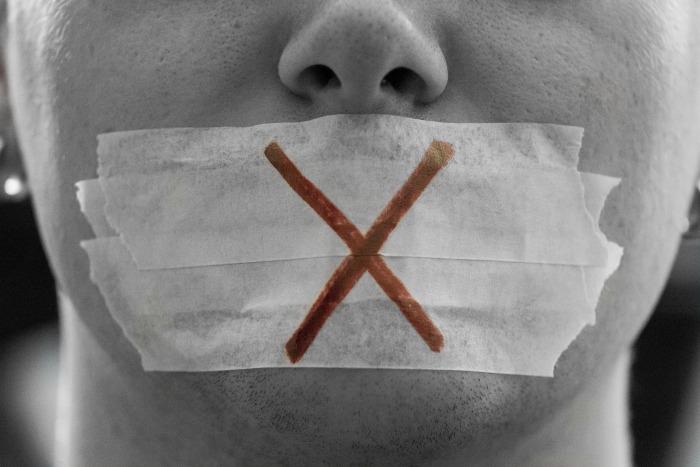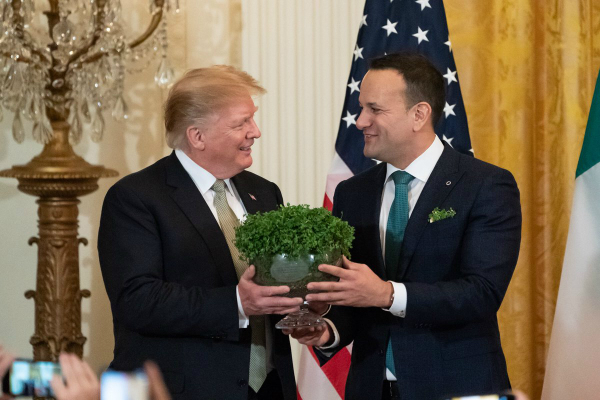Almost two million people marched in Argentina last Saturday in pro-life demonstrations at more than 200 locations across the country. There are proposals currently to make Argentina’s abortion law more permissive.
The participants marched to defend the unborn and to highlight solutions to mothers in crisis pregnancies.
While not having any religious or political affiliation, one message that issued from the stage was a warning to Argentine politicians: Abortion will be an issue in the upcoming presidential elections, and those who were out in the streets won’t vote for candidates who support overturning Argentina’s pro-life laws.
Buenos Aires drew the largest crowd, with more than 300,000 people marching across the capital. Aerial footage showed that at one point, the column of people was more than one mile long.
According to Carolina Brown, one of the organisers of Saturday’s rally, there was a “palpable spirit of celebration, of joy, with families rallying together, as well as an overwhelming presence of young people.”
The latter, she said, wasn’t the case last year, but “seeing that young people are the ones who will have to continue fighting, seeing them come out in numbers, joining friends, is a reason for hope.”



















